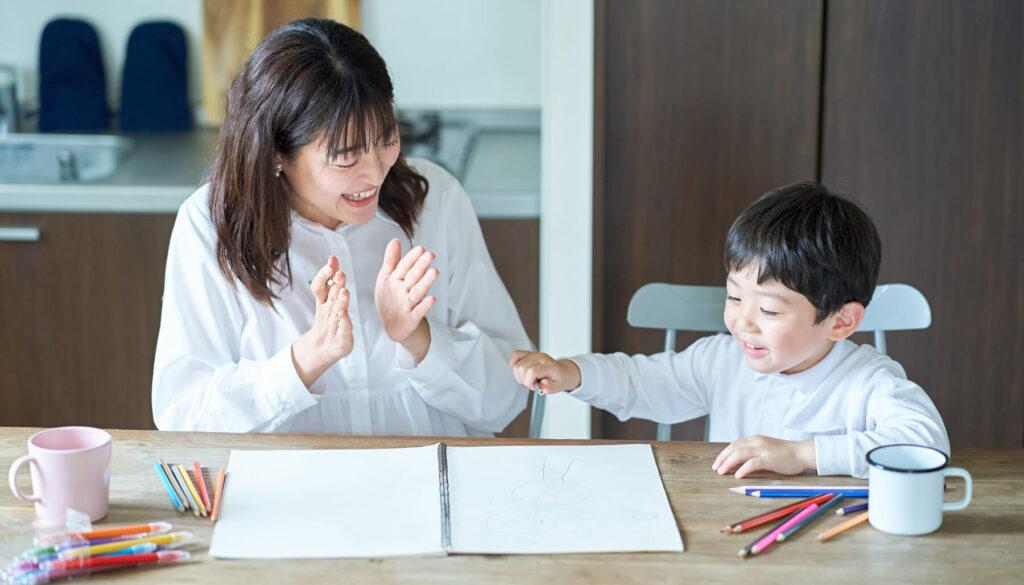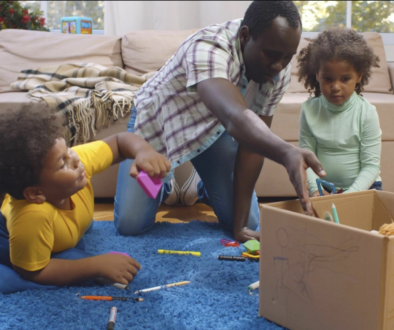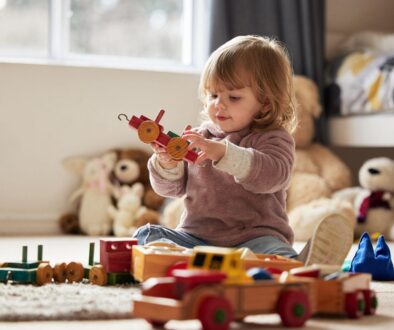Praising Children

Praise can be beneficial for a child when used appropriately. Praise nurtures your child’s confidence and sense of self. It can empower and motivate them to keep trying hard, making it more likely that a child will continue to exhibit those behaviors in the future. Recognizing a child’s hard work and dedication can motivate them to put effort into their tasks and encourages a positive attitude toward learning. Positive reinforcement through praise helps strengthen the parent-child relationship by creating a supportive environment. By using praise, you’re showing your child how to think and talk positively about themselves promoting a growth mindset, where they see challenges as opportunities to learn and grow. However, it’s essential to offer praise thoughtfully and avoid overdoing it. Our ultimate goal should be to nurture our child’s intrinsic motivation.
Here are some suggestions:
Be Specific and Be Mindful of Timing– Instead of general praise, be specific about what you appreciate. Instead of saying “Good job,” you might say, “I really liked how you worked hard on your project.” Look for little changes and successes. Offer praise in appropriate situations and be mindful not to overshadow the importance of the task with excessive praise.
Encourage Effort and Celebrate Progress– Focus on the process rather than just the outcome. Praise children for their effort. This helps children understand how their hard work and persistence are paying off. Acknowledge and celebrate small achievements along the way. This reinforces the idea that progress, no matter how incremental, is important.
Avoid Overpraising– While positive reinforcement is important, excessive praise can lead to a sense of entitlement. Offer praise when it’s genuinely deserved.
Use Descriptive Feedback– Provide feedback that describes what you observed. For instance, instead of saying, “You’re so smart,” you might say, “I noticed how you solved that problem thoughtfully.”
Encourage Self-Reflection– Encourage your child to find joy in the process of learning and achieving goals rather than solely seeking external approval. Help your child develop the ability to assess their own efforts and achievements. This fosters a sense of self-awareness and self-worth.
The goal is to provide constructive and meaningful praise that motivates your child to continue putting effort into their endeavors. When used thoughtfully and genuinely, praise can be a powerful tool for supporting a child’s development and building a positive parent-child relationship.





